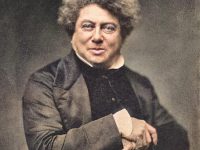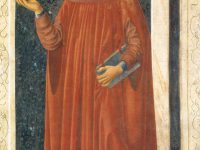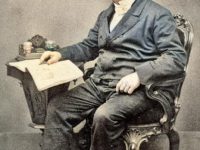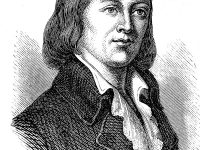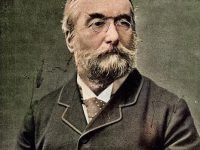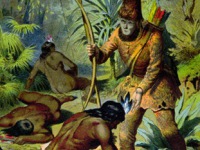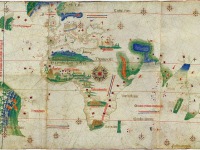John Huston – Hollywood Titan, Rebel, and Renaissance Man
On August 5, 1906, American film director, screenwriter, and actor John Huston was born. Huston has been referred to as “a titan”, “a rebel”, and a “renaissance man” in the Hollywood film industry. He wrote the screenplays for most of the 37 feature films he directed, many of which are today considered classics. During his 46-year career, Huston received 15 Oscar nominations, winning twice, and directed both his father, Walter Huston, and…
Read more


